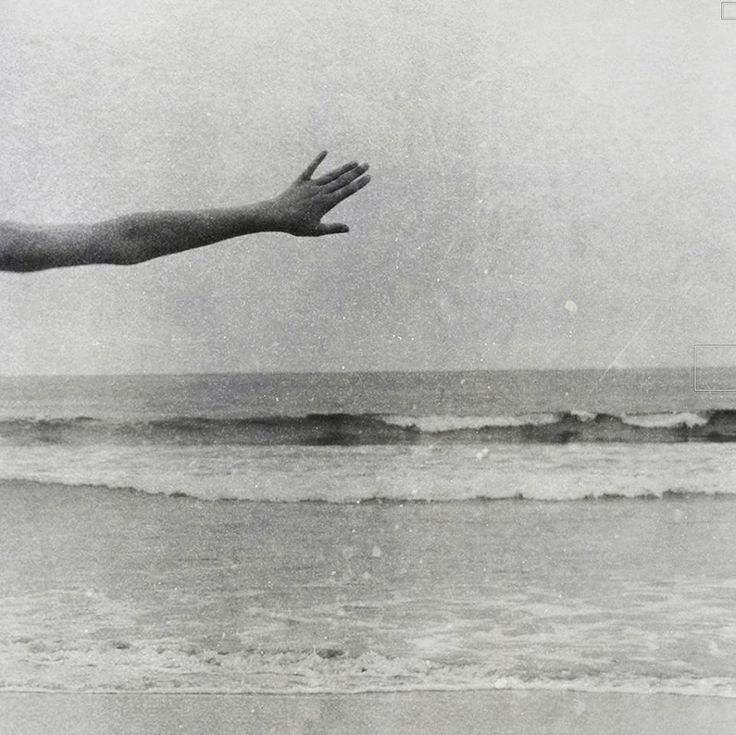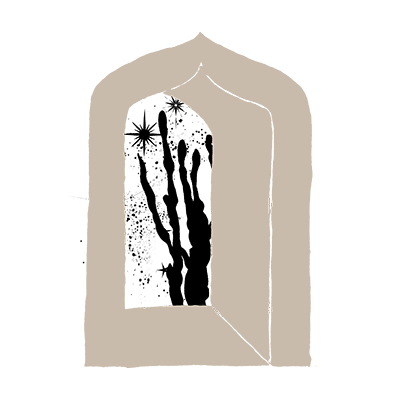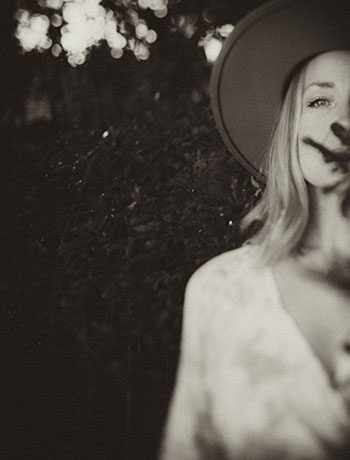Let’s just call him Peter.
I was twenty-one, playing at an open mic near the town where I was attending University. I was woefully unprepared to play my set — I hadn’t even tuned my guitar. The coffee shop was still filling, and I asked the open mic organizer if he had a tuner. He didn’t — but he had this guy, Peter, who could tune a guitar by ear.
And that was it. Sort of.
I wasn’t really attracted to him. I had a boyfriend. And I was twenty-one. There are gifts that show up that, sometimes, we just don’t really know how to unwrap.
But one night, years later, a few friends and I sat in his darkening living room. It was dusk. I’d been traveling for the past year, and he wanted to show me a song he’d written for us to sing together. As we sat listening to the recording, lit by the blue light of some piece of recording equipment, he picked up his mandolin and started playing, and — almost as if it had been a playful child hiding just around the corner for years, waiting for me to be still enough to tag and track — I loved him.
I fought it. He was Peter. We were friends, and he wasn’t really my “type.” I exhausted myself (and anyone who’d listen) talking about the strange — but very clear — phenomenon I was suddenly feeling toward my best guy friend. I wrote pages and pages in my journal trying to understand what I was feeling, and wanted badly to rationalize it, lest it destroy my ability to be in the same room with him — or, even worse, lest my flighty, unreliable history with attraction take him as a casualty and cost me this person who was so incredibly dear to me.
And then one night over sushi, my sister — to whom I will be forever grateful — said one of the best things she’s ever said to me: “What if you just watch the feeling… and see what happens.”
And so I did. Over a bowl of chips and salsa wearing a tank top with far too much cleavage showing; on a play structure at almost midnight; in a recliner chair with the TV on… I watched. I watched Peter, sure, but my gaze found me back at my center, where I discovered that all my questions weren’t really questions, but fears. And with its cheek nestled closely in next to Fear, warm and steady, and so unconcerned with Fear that she was sleeping soundly — was the glowing face of Love. I could hear the soft whirr of her breathing inside me, in my own heart, a rhythm I knew.
I should add, in all fairness, that I wasn’t going into this situation completely blindly. If reconnaissance had been necessary, I would have easily discovered that Peter loved me. But reconnaissance was not necessary. He’d never thrown pebbles at my bedroom window, but the fact of Peter loving me was something I’d known as a verifiable truth, as natural and obvious as gravity. The weight of it, I would come to realize later, had kept me in orbit — his love was an organizing force, though it lacked the dazzling pomp and circumstance I expected to find when I found myself, simply and quietly, in love.
But I didn’t know if Peter was in love with me — and what did I know of love, anyway? How could I know that “in love” is a tide that washes out and back in over time, and is first born of longing for what seems just out of reach, and that love — real love — is a warm bath we have to constantly refill, and be willing to sink into, fully clothed and however unprepared we might believe ourselves to be, suspending our belief that in order for something to be right, it must always be ever so slightly withholding.
Because this is what I came to know from loving Peter, and being loved back: that there was nothing I could do to undo it. There was truly no before, and there is no after. There is the shape of love as it changes, as it grows and morphs itself into what it will be in order to serve the highest good between two people’s eventual — and inevitable — evolution. But there is never not loving.
If I’d been older, I’d have known this. I’d have known that, quite unceremoniously, I was simply walking into a room prepared for my arrival — this is what love is like. There was nothing I could have done any differently to win his love, and short of serious damage (and even then, I’m not sure), there was nothing I could do to lose it.
This is the shape of love: in loving, the Soul must always stay in true alignment with its most integral Center — or else suffer. In loving ourselves, the way we love someone else must change. We sometimes draw boundaries, and say ‘no’ to the closeness that loving once allowed. It’s a miracle when it happens that loving oneself remains in deep alignment with loving the person we have chosen to be in relationship with, but this is not always how it goes.
And yet, there is always love, because when love is present,
it’s more a remembering than a finding.
We can be so focused on finding — and looking — that we can miss the shape of love entirely. It very often does not “look” like anything — or anything we’d expect — but exists as a feeling we awaken to, as if our inner eyes have been opened, and something inside us blooms into a generosity that might surprise us. There is a spaciousness, an allowing — a wide embrace that holds far more than the reality we are usually confined within.
When we try to make love serve the mind, there is only ever chaos. But when the mind remembers that it is only ever in service of Love, then we know the face of our true Master.
This is our task: to move about with the inner eyes wide open, to feel with receptors that are more finely-tuned to the soul’s quest to evolve, rather than the mind’s pursuit of familiarity. To step away from the world by which we have allowed ourselves to be programmed — which seeks such small pleasures, so fleeting in nature that we hunt them, robotic and ravenous, satiated just barely, and only for a time… and return to the low-bellied hunger of true longing: to be seen down to the marrow of Who We Are and embraced — connection which redeems, which knows the name of your darkest fear, and marks wide circles around it, and you, and all else you’ve been sure you need to exorcise from yourself in order to be more whole, more worthy.
Choose a life — and people — who love you this way. Which is really the only way. It is the quiet joy of Plenty, and a house of a heart with all the rooms unlocked, all the windows open, and a breeze through the middle of you.


